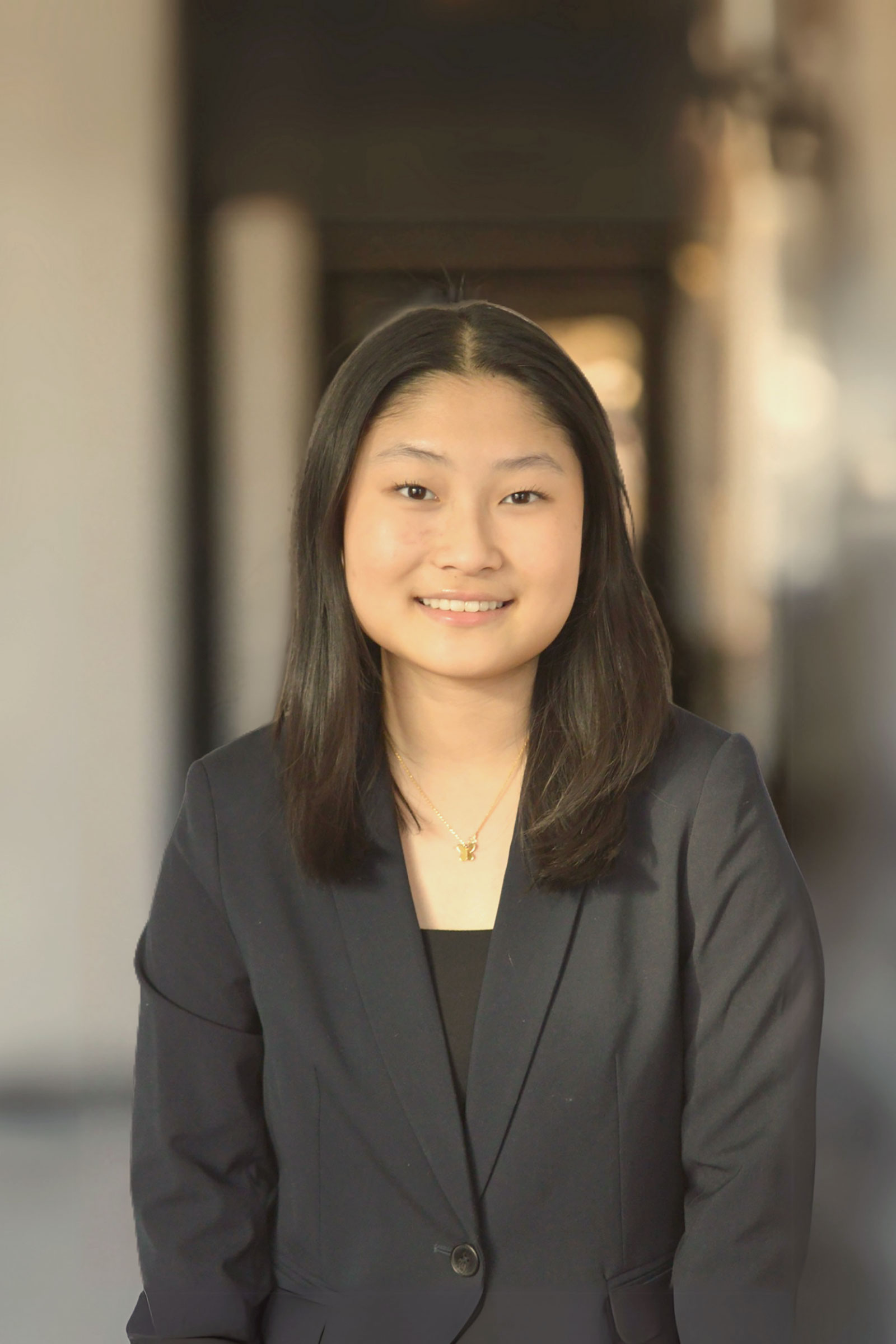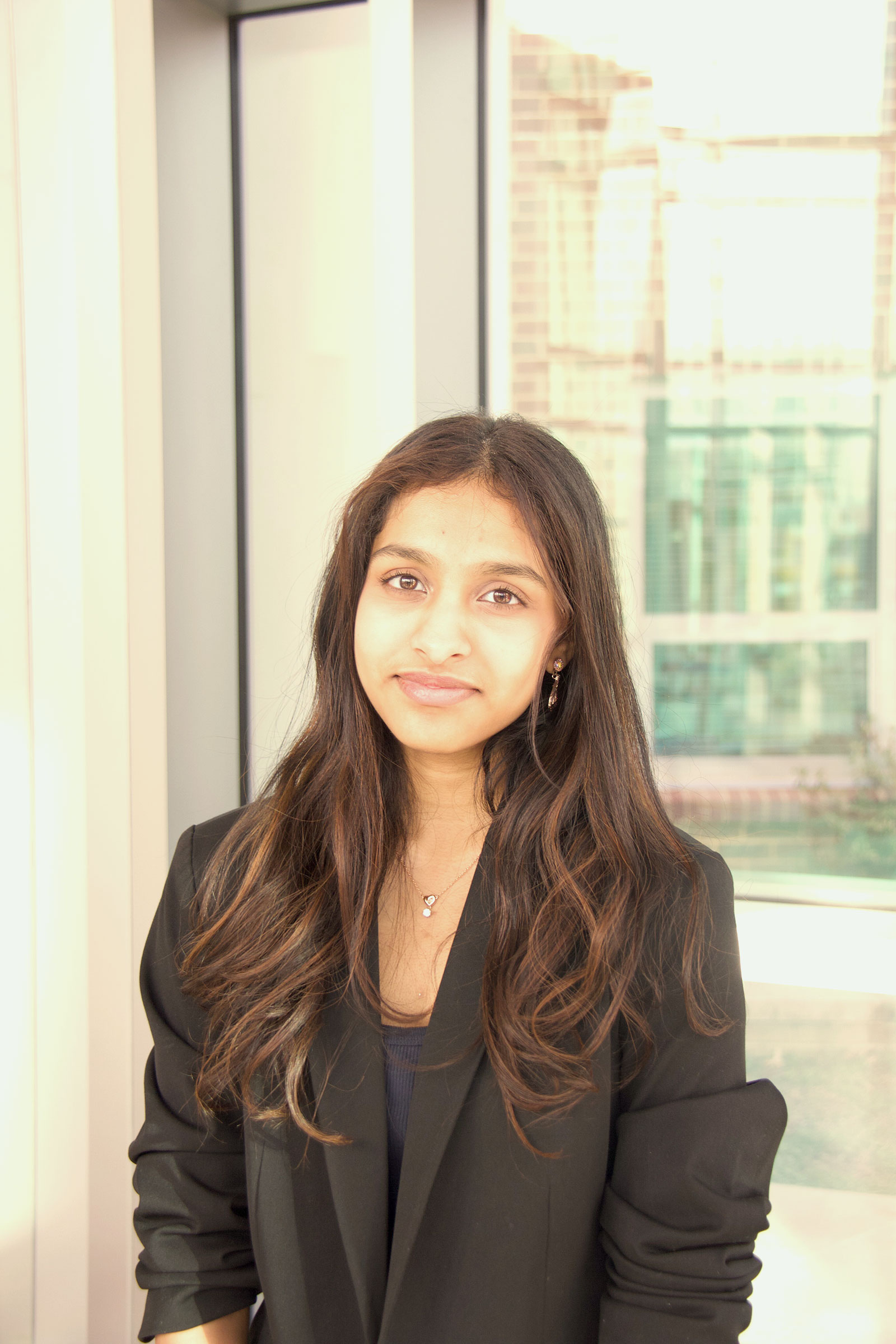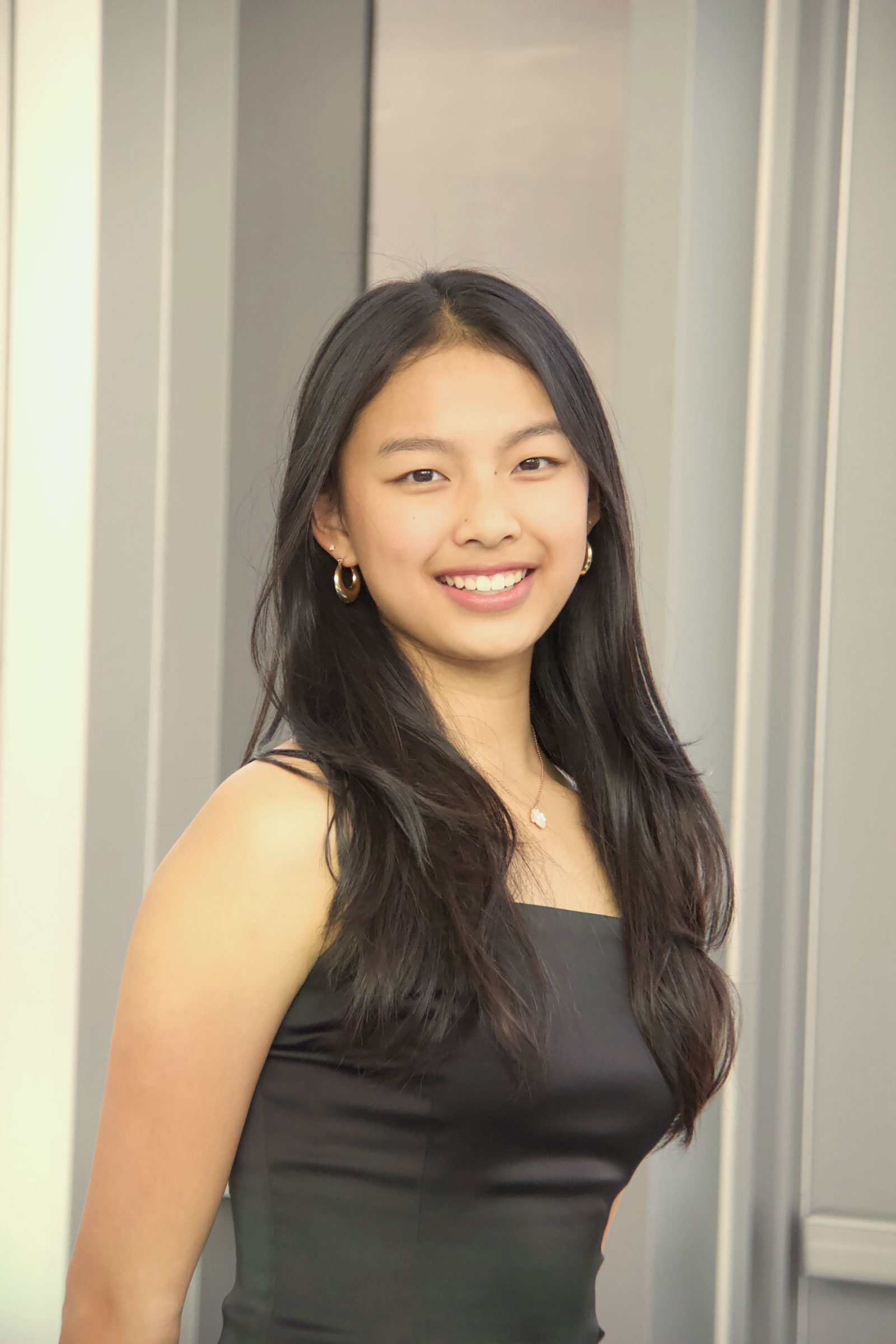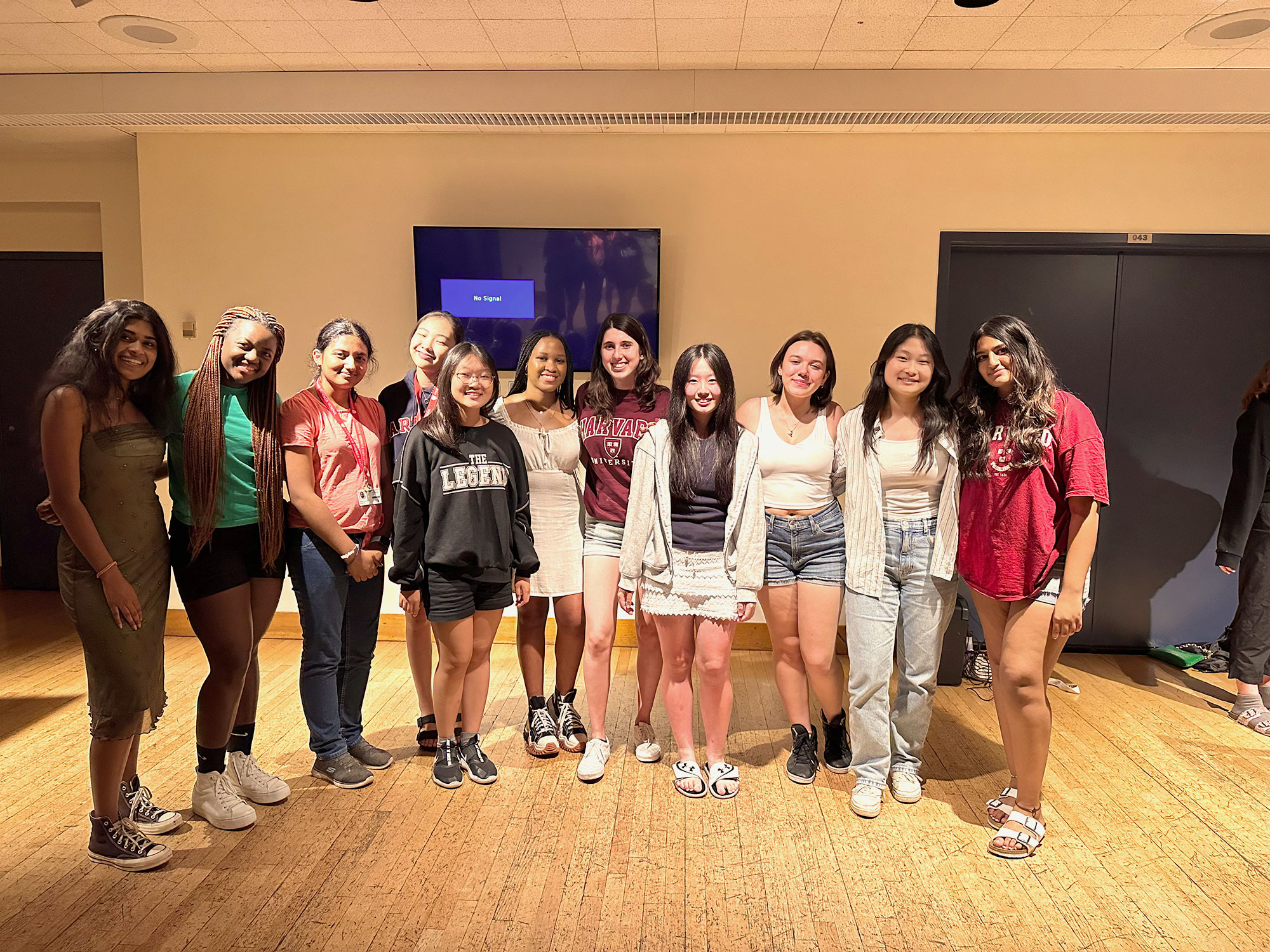Harvard Crimson Global Case Competition (HCGCC) is an annual competition for high school students, offering the opportunity to develop a strategy to tackle business challenges.
The 2023 competition featured 800 teams from more than 80 countries around the world, and took place over the course of five weeks.
The first-place Global Winners team, Ca$h Cows, included past Harvard Summer School Student Tiffany Ling. Tiffany took Introduction to Entrepreneurship with instructor Mike Grandinetti as a student in the 7-Week Secondary School Program.
Ling and her teammates, Hasvika Challa and Grace Xiao, were given business prompts and had to work together to find solutions for each one.
The first major prompt asked students to think about how to address challenges facing the international expansion of Shopee, a global ecommerce company from Southeast Asia. The teams read a full case study on the issue and then conducted their analysis.



Ca$h Cow teammates Tiffany Ling, Hasvika Challa, and Grace Xiao.
The second major prompt — given to the 10 finalists — focused on competition between discount grocer Aldi, based in Germany, and Walmart and Amazon’s American grocery operations.
The team worked closely with Grandinetti as a mentor, who provided the Ca$h Cows with a wide variety of articles, research studies, podcasts, and other resources. Grandinetti reviewed their decks and offered feedback.
“The students were exhaustive in assimilating the information from the HCGCC provided cases as well as my direct feedback and incorporating all of it into their issue diagnostics, analyses, and their final set of innovative recommendations,” said Grandinetti. “They demonstrated a level of business acumen that is remarkable given their age of 16.”
Ling shared her experience in the competition, as well as her time at Harvard Summer School.
What class did you take at Harvard Summer School? Why did you choose it?
I took “Macroeconomics,” as I wanted a college-level introduction to economics and to build a strong foundation for my interest in business; looking through the professors of the classes, I chose “Introduction to Entrepreneurship” because of Professor Mike Grandinetti’s extensive background in start-ups and the business world.
I also felt that they complemented each other well, as macroeconomics would give me a better understanding of the broader economic picture that could help me make informed business decisions in entrepreneurship.
What was the class experience like? What was one of the most interesting things you learned?
My macroeconomics class was in a large lecture hall. I met many of my good friends through that class and it was encouraging being around such motivated students. The lively discussions and thought-provoking questions from my classmates during lectures challenged me to think beyond the given notes as they pushed me to think more critically about the concepts we were learning.
My entrepreneurship class was more experiential and project-based, making it extremely engaging through the summer. Working in teams, I worked closely with a real-world solar power technology start-up to create a proposal about where and how they should expand in the future. It gave me first-hand insight into the intricate challenges and complex trade-offs that resource-constrained start-ups face and how they must strategically align themselves in the market.
I delivered the final pitch with a teammate, and Professor Grandinetti mentored each student team through the summer session and we’ve stayed in touch since.
The rigorous coursework and stimulating discussions with my talented peers at Harvard Summer School gave me more confidence in entering the HCGCC competition.
What support did you receive from Harvard Summer School during your time there?
In addition to the support from the staff and faculty, Harvard Summer School provided many academic resources like office hours and one-on-one tutoring to help.
These were especially helpful when I had more specific questions about a concept. When I was struggling with a concept in macroeconomics, I went to the office hours and the TA was able to explain it in a clear and brief way.
What was the process of entering — and then winning — the Global Case Competition?
I entered the Global Case Competition with two of my good friends, and we were a little hesitant to sign up at first since we knew how competitive it was.
Throughout the competition, we met up numerous times to craft our strategy, conducted extensive market strategy, reached out to industry experts, and stayed up to perfect our deck and video format. Professor Grandinetti supplied us with many relevant articles and podcasts, reviewed our deck, and mentored us, too.
It was a difficult project to balance on top of our school work, but by effectively using our time and constantly collaborating, we were able to create a unique and well-researched strategy.
The rigorous coursework and stimulating discussions with my talented peers at Harvard Summer School gave me more confidence in entering the HCGCC competition.
Learning about market trends and risk analysis in my entrepreneurship course better equipped me to identify the best and most practical strategies for each company. I leveraged these insights to address the complexities of each prompt and excel in the challenge.
What was something unexpected you learned about Harvard?
Harvard Summer School provided a surprising number of opportunities to connect with new people and build a sense of community.
There was always an event going on, whether it be karaoke night, a performance, or a brain break session, where students would be socializing and having fun. Extending beyond my classmates and dorm mates, I met many new friends through these events who I still talk to today. It was such a vibrant community that made it hard to leave at the end of the summer.





